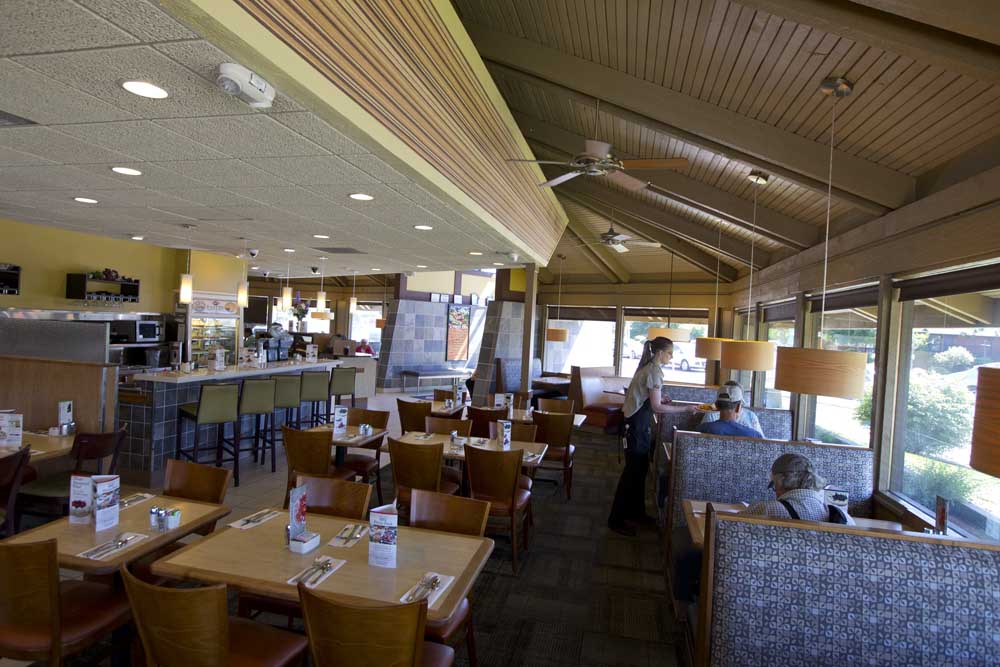‘Father, forgive them,’ Jesus asked. But has he?
Published 12:00 am Saturday, November 29, 2014
Elder Donald D. Deshler, of the Seventy, Church of Jesus Christ of Latter-day Saints: One of the most significant roles that Jesus Christ plays is that of mediator. That is, he meditates on behalf of humankind with the Father (“…there is one Mediator between God and men, the man Christ Jesus.” 1 Timothy 2:5).
In this case, Jesus was mediating (petitioning) the Father on behalf of those who crucified him. Because the Father and the Son are in perfect harmony, Jesus’ petition was honored by the Father.
In the midst of his enormous suffering on the cross, Jesus, once again, teaches us a core principle of his gospel. That is, we are not to operate on the notion of an “eye for an eye;” rather, there should be no constraints or conditions that determine the forgiveness that we grant to others when we have been wronged.
As disciples of Jesus Christ, we must believe and follow what the savior said, “Blessed are the merciful, for they shall obtain mercy.” Forgiving others, however, does not necessarily mean that we approve of obvious transgression. In fact, there are many actions and attitudes that should be condemned. But, even in these cases, we must forgive the offender.
Embodied within the principle of forgiving and seeking forgiveness for our sins and mistakes is an understanding that there are blessings that flow from the gift of forgiveness. Chief among them is peace. The savior deeply desires that we each feel of his love and peace. He said: “Peace I leave with you, my peace I give unto you. Not as the world giveth give I unto you.” (John 14:27)
The forgiveness that we offer to others and the forgiveness that we receive from Jesus Christ lead us along the path to eternal life back to our heavenly Father.
The Rev. Justin Hoye, pastor, St. Patrick’s Catholic Church: In 1969, before he was pope, cardinal or even an archbishop, Father Joseph Ratzinger wrote “An Introduction to Christianity,” asserting, among other memorable lines: “Excess is God’s trademark in his creation.”
Ratzinger is making a claim about Christianity and the extravagance of God, as demonstrated in the plea by Jesus (Luke 23:34.)
Although this verse is not present in early manuscripts from Luke’s Gospel, yes, our Father forgives and he continues to forgive, through the continuous intercession of love in the flesh, Jesus Christ.
God always initiates the forgiveness of sins, so the question remains about our response to such gratuitousness. Do I forgive as freely as witnessed in Christ’s advocacy at Calvary? Do I humbly and gratefully receive the forgiveness offered, through an awareness of my own sinful folly?
In God made flesh we have the perfect advocate for our forgiveness on a day when our Father pronounces justice. Other Gospel passages clearly assert a connection between our forgiveness and our willingness to forgive, and that day of reckoning will showcase the truth that any deficiencies in forgiveness are from us and never from God.
The question is not whether the Father forgives, but of our own posture and response. Manifesting such abundance, Jesus’ plea is not simply directed at the Father, but overflows as a plea toward us, too.






